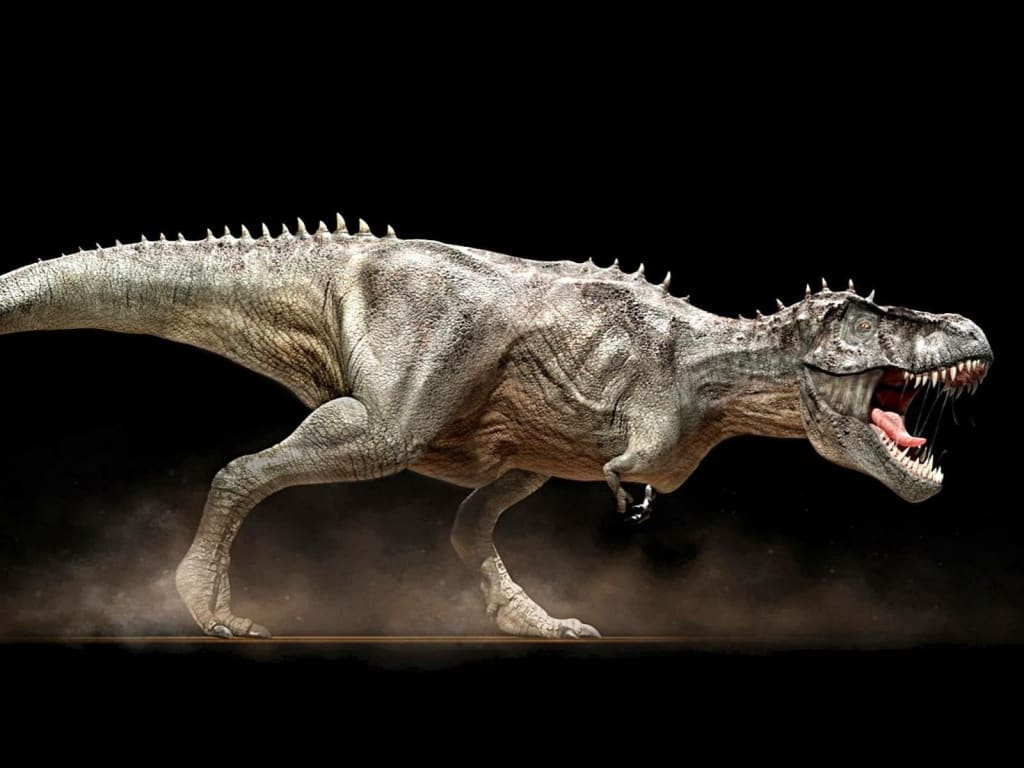
Scientists in Argentina have announced the discovery of a new species of dinosaur that roamed the Earth over 90 million years ago. The species, which has been named Llukalkan aliocranianus, was a carnivorous theropod and lived during the Late Cretaceous period in what is now Patagonia, Argentina.
The discovery was made by a team of researchers from the National University of San Luis and the National Scientific and Technical Research Council, who analyzed a partial skull and other skeletal remains that were found in the Bajo de la Carpa Formation in Argentina's Neuquén Province. The team was led by Federico Gianechini, a paleontologist at the National University of San Luis.
According to Gianechini, the new dinosaur is a member of the abelisaurids, a group of carnivorous theropods that were known for their powerful jaws and short, deep skulls. The researchers believe that Llukalkan aliocranianus would have measured about five meters (16 feet) in length and would have weighed around one ton.
One of the most striking features of Llukalkan aliocranianus is its skull. The researchers found that the dinosaur's skull had a unique shape, with a very short snout and a large crest on the top of the head. The crest was made up of thin, bony plates that were fused together and formed a dome-like structure.
The researchers believe that the crest may have had a variety of functions. It could have been used for display purposes, to attract mates or intimidate rivals. It may also have played a role in regulating body temperature, similar to the way that the frills of some other dinosaurs were used.
The name Llukalkan aliocranianus comes from the language of the Mapuche people, who are indigenous to the region where the dinosaur was found. Llukalkan means "one who causes fear" in Mapudungun, the Mapuche language, while aliocranianus refers to the unique structure of the dinosaur's skull.
The discovery of Llukalkan aliocranianus is significant because it adds to our understanding of the diversity of theropod dinosaurs during the Late Cretaceous period. It also provides further evidence that Patagonia was a hotbed of dinosaur activity during this time, with many different species of theropods, sauropods, and other dinosaurs living in the region.
In recent years, Argentina has become a major center for dinosaur research and discovery. The country's Patagonia region is particularly rich in fossils, with many new species of dinosaurs and other prehistoric animals being discovered there on a regular basis.
In addition to Llukalkan aliocranianus, other notable dinosaur discoveries in Argentina in recent years have included Patagotitan mayorum, a giant sauropod that is believed to have been one of the largest animals ever to walk the Earth, and Gualicho shinyae, a theropod that had unusually long arms and may have been a close relative of the T. rex.
The discovery of Llukalkan aliocranianus is also significant because it adds to our understanding of the evolution of abelisaurid dinosaurs. Abelisaurids were a diverse group of theropods that lived in the Southern Hemisphere during the Late Cretaceous period, and they are known for their short, deep skulls and powerful jaws.
One of the most famous abelisaurids is Carnotaurus sastrei, which lived in what is now Argentina during the Late Cretaceous period. Carnotaurus was notable for its large, bull-like horns above its eyes, which are believed to have been used for display purposes or to intimidate rivals.





Comments
There are no comments for this story
Be the first to respond and start the conversation.